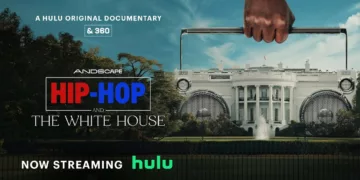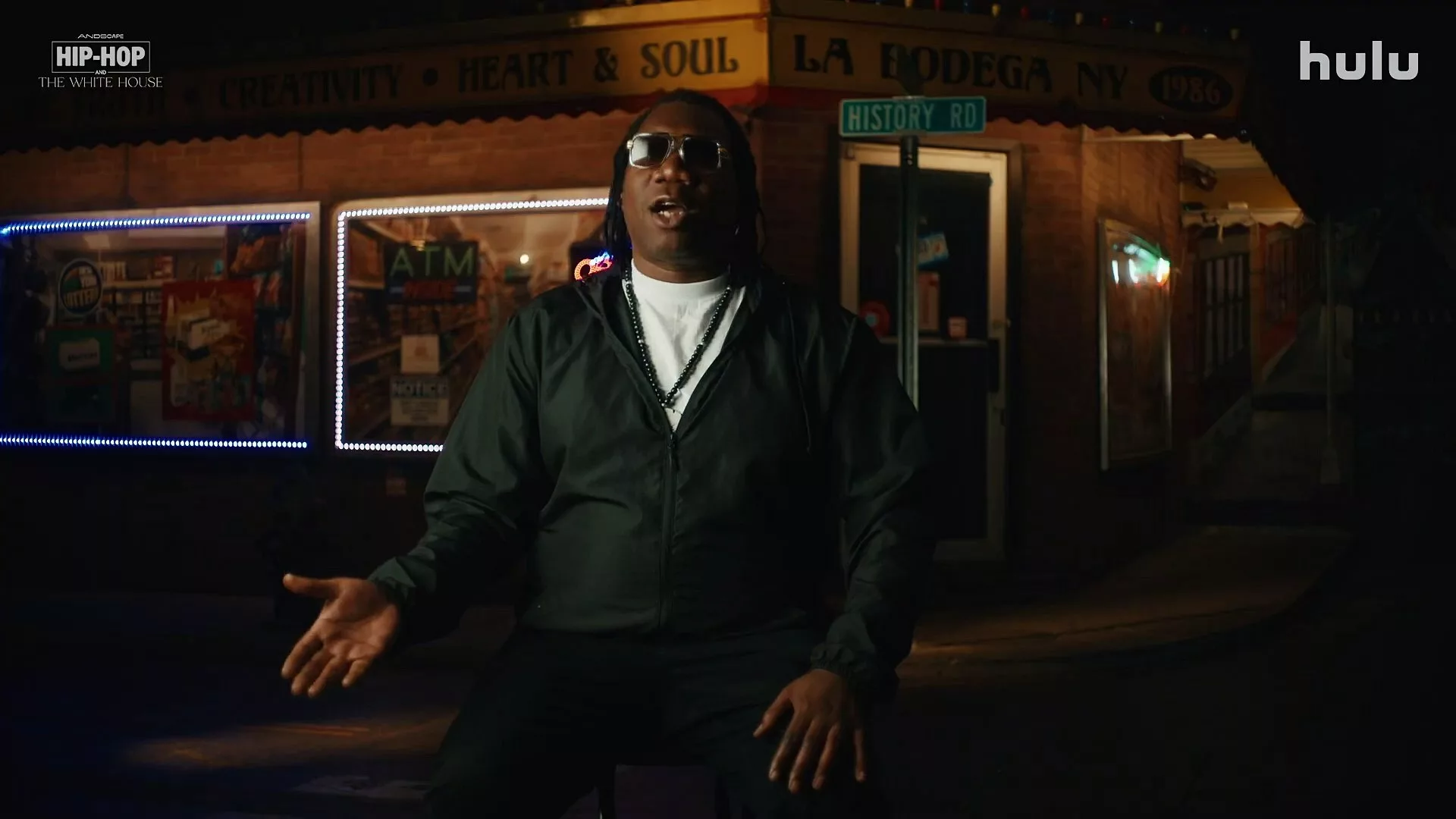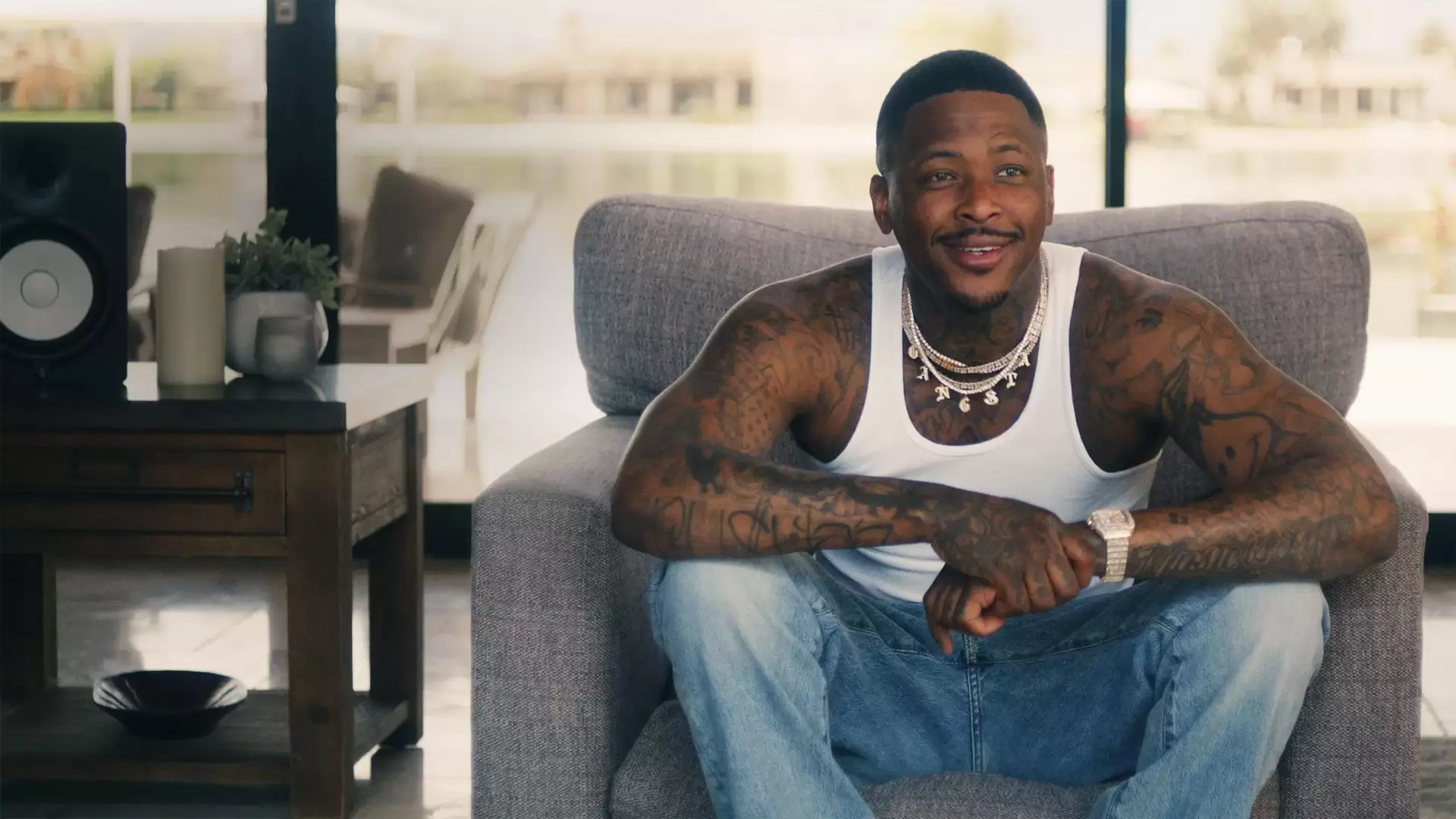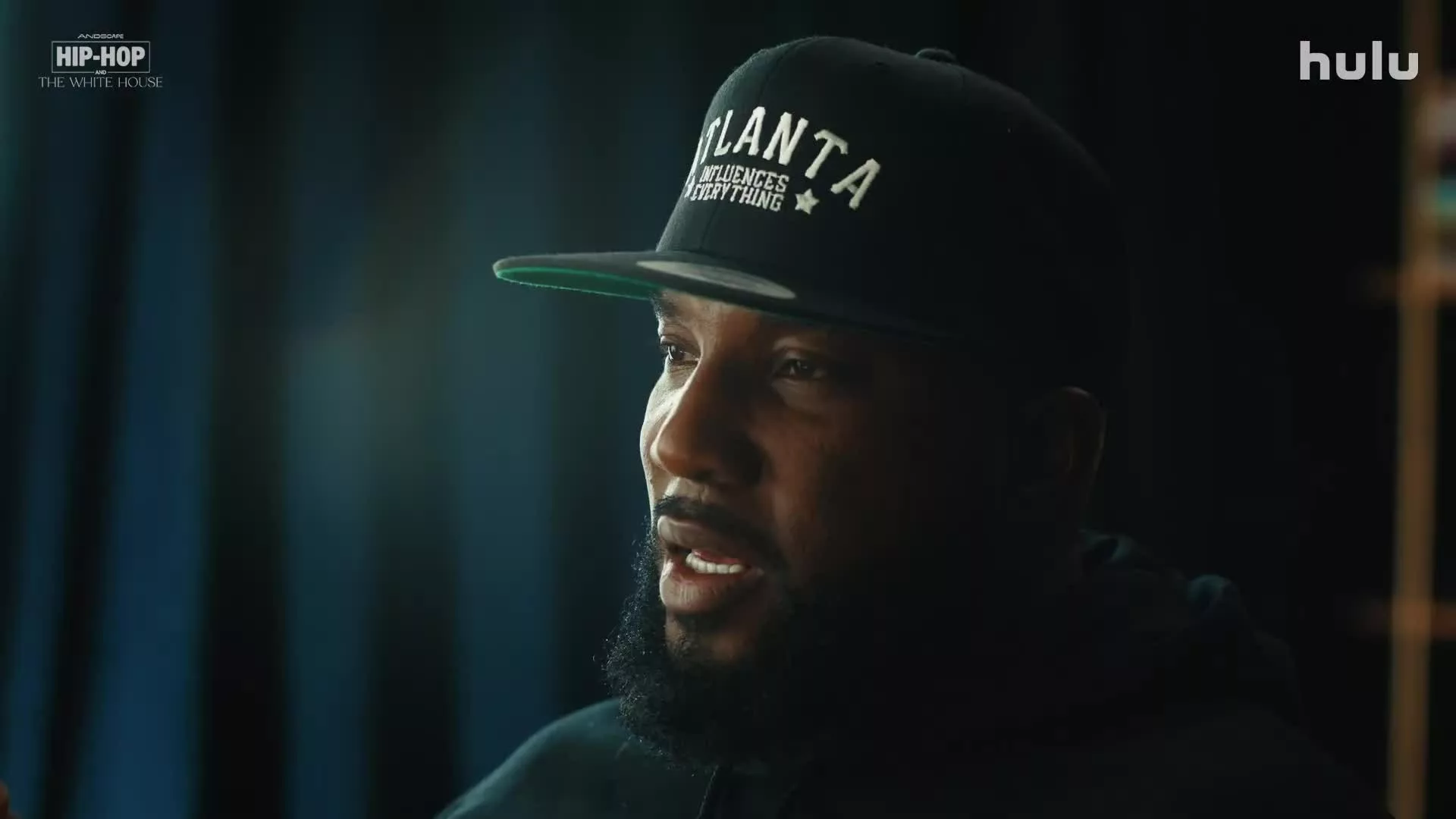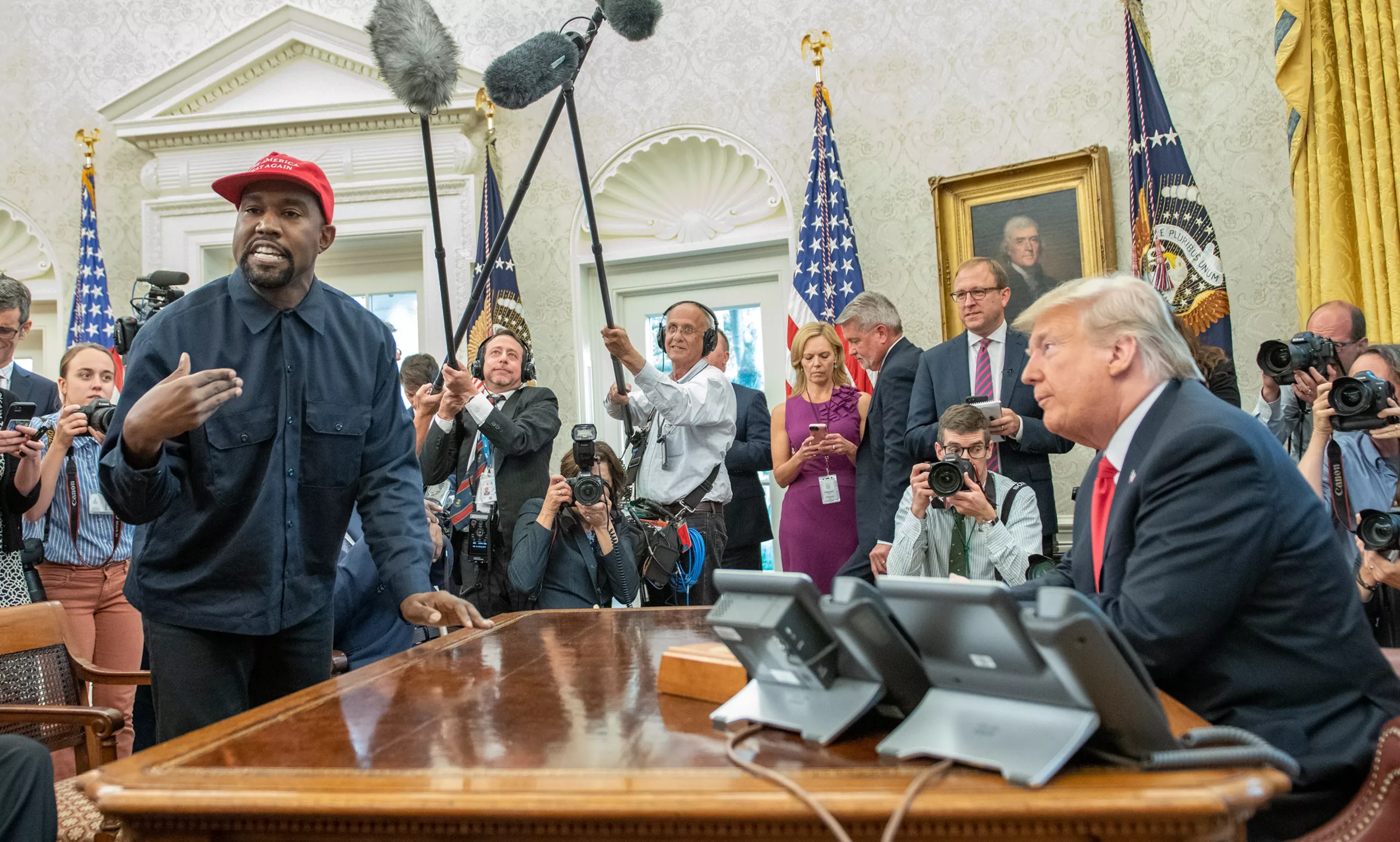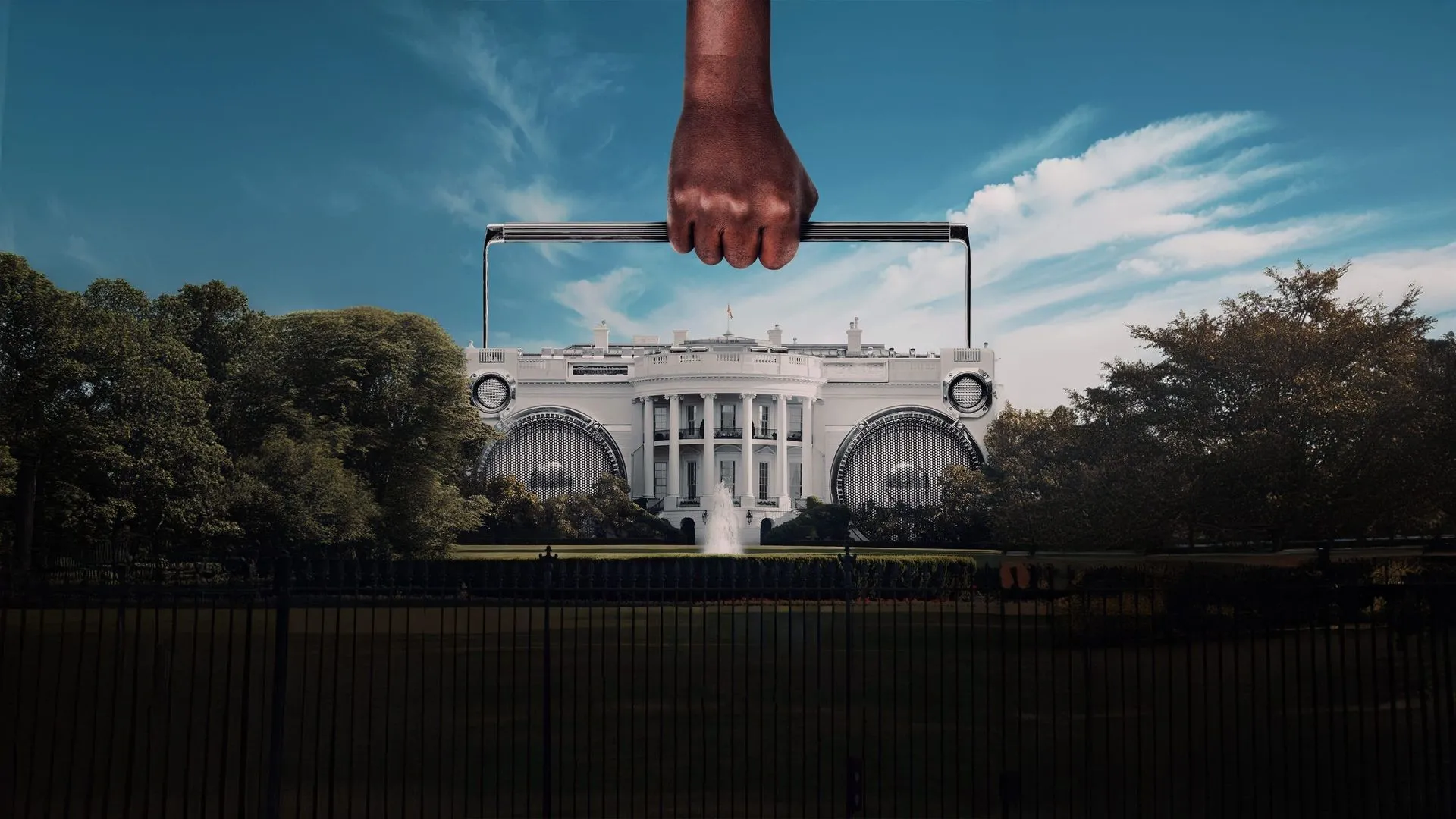Tracing hip-hop’s influence on American politics over five decades, the Hulu documentary “Hip-Hop and the White House” takes audiences on a vibrant journey. Directed by Jesse Washington and produced through ESPN’s Andscape venture, it shines a fresh light on the rich ties between rap music and the Oval Office.
We learn how hip-hop first voiced community struggles, finding an ally in reformers but critics in harsher leaders. Meanwhile, presidents discovered hip-hop carried black voters and a message resonating nationwide.
Over an engaging hour, interviews and rare archival cuts reveal hip-hop-shaped responses to everything from Reagan’s “war on drugs” to Katrina, Obama’s presidency, and Trump’s rise.
While brevity leaves some questions unanswered, this film marks the start of fascinating discussions. Overall, it presents hip-hop’s story with political offices in an illuminating yet entertaining way, priming viewers for a deeper dive into their intertwined histories.
History and Context
The battles incubating hip-hop stretched back to the civil rights era. Emerging in the Bronx amid economic struggles and neglectful policies, those early MCs gave voice to their raw surroundings. They spoke for neighborhoods left desperate by broken promises.
The genre took shape under Nixon’s war on drugs, which intensified police crackdowns on communities of color. Hip-hop also echoed anger over the empty vows of law and order candidates. As Ronald Reagan later rose to power, the cracks in society grew deeper. Hard times cultivated raw talent, as flashing lights illuminated the friction between underserved youth and authority on overpoliced streets.
The messages widened as hip-hop matured. Acts like Public Enemy challenged prevailing illusions to see the full truth concealed behind mainstream smiles. They urged thinking twice about the easy answers peddled by politicians from above. As the 1980s unfolded, no leader felt the heat more than Reagan. KRS-One accused him directly of unleashing the crack plague that was savaging cities. Others blamed neglectful neglect for the seeds of socio-economic blight still evident today.
By exposing entrenched wounds overlooked elsewhere, these trailblazing voices shook foundations. They birthed a movement that would soon demand a national audience and hearings in legislative chambers. Yet even as hip hop gained attention, its early visions of transforming society through bold, honest speaking remained works-in-progress. The system’s inertia didn’t break so easily, ensuring the challenges of those formative eras would echo through many more in the White House.
Calling Out Leaders
The 1990s saw hip-hop’s rise to cultural dominance continue, yet politicians still grappled with its implications. Bill Clinton shone as the first to seize its growing sway, but his “Sister Souljah moment” rebuke drew heat for sidelining activist voices. Meanwhile, hip-hop focused laser sights on the leaders shaping society.
In the new millennium, the aftermath of the 2000 election left many feeling overlooked once more. But then came a moment that catalyzed hip-hop’s political potency like never before. When a national tragedy struck and the response seemed ill-fitting, one brave rapper seized live TV to say what many felt. Kanye’s offering of plain truth cemented hip-hop as the voice for those left unheard.
Barack Obama’s path to the White House showcased how far acceptance had come. As the first commander-in-chief embracing hip-hop roots, he lit a beacon that power no longer belonged to select hands alone. Yet some wondered if photo-ops meant the doors truly opened. More, it marked merely a beginning, with deeper change through bold justice still works in progress.Even so, a watershed had broken, making it impossible to pass back across the stream.
Conflicting Values
By the time hip-hop’s story reached today, any presidential acceptance seemed assured. Yet Donald Trump tossed a disruptive stone into that lake. Where prior leaders courted the scene, he inflamed old wounds with tactics unacceptable to vulnerable communities and hip-hop champions.
Rapped voices rose forcefully in protest. YG and Nipsey Hussle’s scathing “FDT” encapsulated widespread sentiment, showing hip-hop remained unwilling to yield its role in speaking truth. Kanye West’s Oval Office stunt perplexed many, emphasizing the divide. As turbulent terms continued, movements like Black Lives Matter swelled, with hip-hop fueling the frontlines alongside.
Disagreement clearly runs deep, leaving marks that won’t soon vanish. Through it all, hip-hop solidifies as America’s uncensored town crier, keeping leaders unsettled and the disempowered feeling empowered. Its story with those in the highest positions looks sure to include further episodes of conflict as well as cooperation down the road. Some bridges stay broken, yet hip-hop’s voice endures, primed to shape society for works still unwritten.
Spreading Impact
This film shares compelling moments illustrating hip-hop’s deepening bond with politics. Grandmaster Flash’s early call against the crack plague resonates still, as does Kanye disrupting George Bush’s damage control. Common observes how hip-hop granted a voice where leadership fell deaf, energizing a growing movement.
Insights from figures like Bakari and the late Nipsey Hussle enrich understanding. They reflect on hip-hop thriving due to systemic strains and responding by demanding dignity. YG passionately recalls realizing the genre’s duty to oppose dangerous divisiveness. Regardless of origins, hip-hop feels responsible for advocating for the community.
Of course, not all agree on solutions. Waka Flocka Flame offers an unpopular take, but debate fuels progress. More depth could explore questions raised about Obama’s outreach, yet scenes of his barbecue reflect how far inclusion has advanced. From Reagan sparking anger to Biden now, hip-hop proves a fearless watchdog, awakening issues society works to remedy.
While brief, this film spreads worthy food for thought. It affirms a genre birthed from struggles and empowers those still striving. Above all, it profiles hip-hop’s lasting impact by shining a light where leaders left citizens in darkness, guiding America toward its brighter ideals.
Candid Conversations
This film packs impact in a tight runtime but, understandably, can’t cover every angle. It gives a brisk yet coherent overview from Reagan to Biden. However, delving deeper at points may have sparked a richer discussion.
Waka offered dissenting views that were unpopular elsewhere, and it’s valid that many viewpoints exist. But querying how he frames certain claims could provide context. Similarly, questions around Obama’s outreach leave room for expanded conversation.
A balanced approach presents multiple sides respectfully. Certain critiques of past leaders feel warranted and direct, avoiding sugarcoating. But analyses of current eras risk feeling incomplete without scrutinizing criticism too.
More debates are beginning than ending here, though. Overall, this serves well to start candid conversations, not conclude them. The challenges of compressing decades leave openings that other works may someday fill. For now, simply shining light on hip-hop’s past and present influences merits applause in itself.
Hip-Hop’s Impactful Interactions
Documenting four dynamic decades, Hip-Hop and the White House packs a punch with its candid conversations. Across snippets highlighting hip-hop stalwarts’ insights and iconic leaders’ terms in treats, this tribute traces rap’s boundary-pushing power.
Despite tight timeboxes, the film finds focus. Empowered portrayals spotlight hip-hop’s role in igniting crucial debates through artistic advocacy. Intimate dialogues convey the genre’s importance, spurring social reckoning. And vivid contrasts hint at the at the depths future films may uncover.
But for its purpose, Jesse Washington’s piece proves a definitive primer. Sparking thought, it celebrates musical milestones moving and demanding discussions.
To appreciate hip-hop’s unparalleled efforts in driving change, invest an hour in this impactful overview. Though only an opening look, its moving mantra will stay long after. For a stirring start to understanding music’s indelible impacts, this documentary deserves your view.
The Review
Hip-Hop and the White House
While Hip-Hop and the White House cannot delve into every detail due to time restrictions, they accomplish the meaningful goal of highlighting hip-hop's profound influence in politics. Directing insightful commentary toward thoughtful discussion, the documentary proves a compelling starting point for understanding the intersecting relationship between the genre and its ability to incite change.
PROS
- Provides a concise overview of hip-hop's political progression across multiple presidencies.
- Features insightful commentary from notable figures like Common, Bakari Kitwana, and YG.
- Highlights how the genre empowered marginalized voices and confronted issues in government.
- Inspires a thoughtful examination of hip-hop's relationship with leadership over the past the past 50 years.
CONS
- constrained by runtime from exploring certain topics like Obama-era rap relations in depth.
- Doesn't sufficiently probe dissenting views like Waka Flocka Flame's without challenge.
- Glosses over certain events to maintain a rapid pace through history
